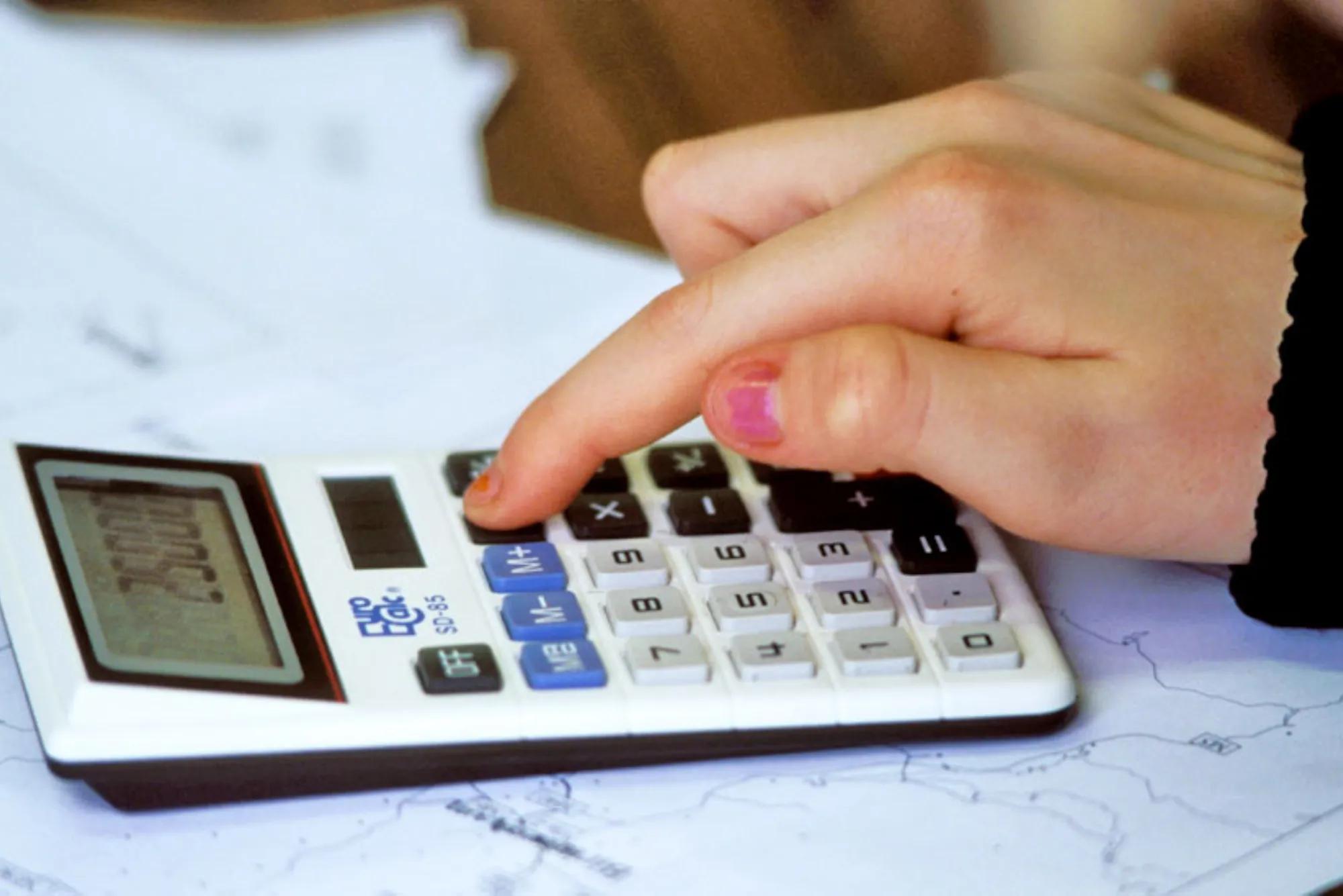When it comes to online gambling, trust is everything. Players want to feel confident that the games they play are fair, transparent, and not manipulated in favor of the house. While casinos licensed in the UK are regulated by the UK Gambling Commission (UKGC), many players also explore non UK regulated casinos for reasons such as bigger bonuses, access to international gaming markets, or fewer restrictions. But that raises an important question: how do you check the fairness of non UK casino games?
Having spent years researching different casino platforms and playing across both UK and international operators, I’ve learned that fairness can absolutely be assessed—if you know where to look and what to check. This article will guide you through the essentials so you can play with confidence, whether you’re at a UKGC-licensed site or exploring offshore options.
Why Fairness Matters in Online Casino Games
Every spin of a slot or shuffle of virtual cards should be determined purely by chance. Fairness ensures that the outcome is random and not weighted against players. Without fairness, the entire concept of online gambling collapses into mistrust.
In the UK, fairness is strictly monitored. Casinos must use certified Random Number Generators (RNGs), undergo regular audits, and follow strict player protection policies. However, with non UK regulated casinos, things can get a bit murkier since different jurisdictions apply different standards. Some are just as strict—or even stricter—than the UK, while others may be more relaxed. That’s why checking fairness is key before depositing money.
Step 1: Look for Independent Game Testing Certificates
One of the most reliable indicators of fairness is third-party auditing. Leading testing agencies such as eCOGRA, iTech Labs, GLI (Gaming Laboratories International), and TST (Technical Systems Testing) specialize in verifying that casino games are truly random and fair.
When browsing a non UK regulated casino, scroll down to the footer or visit the “About Us” or “Fair Play” sections. If you see logos from these agencies, that’s a strong sign the platform takes fairness seriously. Always verify the certificate by clicking the logo—legitimate sites often link directly to the auditor’s verification page.
Step 2: Check the Casino’s License and Jurisdiction
Even though the UKGC is one of the most respected regulators in the world, many other jurisdictions issue casino licenses. Popular ones include Malta (MGA), Gibraltar, Curacao, and the Isle of Man. Some of these bodies, like Malta, have strict standards and auditing processes, while others, like Curacao, are more lenient.
If you’re dealing with non UK regulated casinos, look closely at where they’re licensed. A casino licensed in Malta or Gibraltar, for instance, is still likely to be trustworthy and fair. On the other hand, if the license is vague or unverified, that’s a red flag.
Step 3: Understand How Random Number Generators Work
Most online games, especially slots and digital card games, run on RNG software. RNGs generate random sequences that determine game outcomes, ensuring no one can predict or manipulate results.
Reputable casinos regularly test their RNGs through independent agencies. When a site openly discusses its RNG software and provides details of its testing, it signals transparency. Non UK regulated casinos that invest in explaining their technology tend to be more trustworthy.
Step 4: Analyze Game Providers
A casino is only as fair as the software it runs. Big-name providers like NetEnt, Microgaming, Playtech, Pragmatic Play, and Evolution Gaming have global reputations to protect, so their games are rigorously tested.
When playing at non UK regulated casinos, check if these providers are part of the platform. If you see mostly unknown or proprietary games with no external testing proof, approach with caution.
Step 5: Read Player Reviews and Community Feedback
Another practical way to check fairness is by listening to other players. Casino communities and forums like Casinomeister or AskGamblers often highlight if a site has issues with fairness or delayed payouts.
If dozens of players report suspicious game patterns, unusually low payouts, or unexplained game behavior, that’s a warning sign. Conversely, positive reviews and active engagement from casino representatives show a commitment to transparency.
Step 6: Pay Attention to RTP (Return to Player) Percentages
Every casino game has an RTP, which is the theoretical percentage of wagers returned to players over time. For example, a slot with a 96% RTP should, in theory, return £96 for every £100 wagered over the long term.
Fair casinos display RTP values openly. Non UK regulated casinos that hide RTPs or provide no information should be approached carefully. Always cross-check RTP figures on the provider’s official website when possible.
Step 7: Look for Provably Fair Technology
Some modern casinos, particularly those in the crypto-gambling space, use provably fair algorithms. This system allows players to verify outcomes themselves using cryptographic methods. While this technology is more common in Bitcoin casinos, it’s one of the most transparent fairness tools available.
If you’re venturing into non UK regulated casinos, especially those that accept crypto, look for this feature. It gives you real-time assurance that results aren’t manipulated.
Step 8: Consider the Casino’s Track Record
Trust builds over time. Non UK regulated casinos that have operated for years without major scandals, payout issues, or fairness complaints are generally safer bets. Longevity in the industry is often an indirect sign of reliability.
Conversely, new or unknown operators with little history require extra scrutiny. Always start with small deposits to test their systems before committing larger amounts.
Step 9: Use Casino Watchdogs and Blacklists
Websites that monitor online casinos often maintain blacklists of untrustworthy operators. If a non UK regulated casino appears on multiple blacklists for issues like unfair games or non-payment, it’s best to avoid them.
On the flip side, casinos that are consistently recommended by watchdog sites usually maintain fair play standards.
Balancing Risks and Rewards at Non UK Regulated Casinos
Exploring non UK regulated casinos has its pros and cons. On the plus side, you’ll often find bigger bonuses, fewer restrictions on deposits and withdrawals, and access to international games not available in the UK. However, the trade-off is weaker player protection in some cases.
That’s why the steps above are crucial. By doing your homework—checking licenses, software providers, and player reviews—you can significantly reduce risks and enjoy the benefits of a broader gaming market.
Final Thoughts: Staying Safe While Playing Abroad
Checking fairness in non UK casino games isn’t about paranoia—it’s about protecting your bankroll and ensuring an enjoyable experience. While the UKGC sets a high standard, other jurisdictions also enforce strong fairness measures, and many international casinos operate responsibly.
The key takeaway is this: always verify, never assume. Look for testing certificates, trusted providers, player reviews, and transparent RTP disclosures. By applying these principles, you can enjoy non UK regulated casinos with confidence, knowing that you’re playing fair games where chance—not manipulation—determines the outcome.



